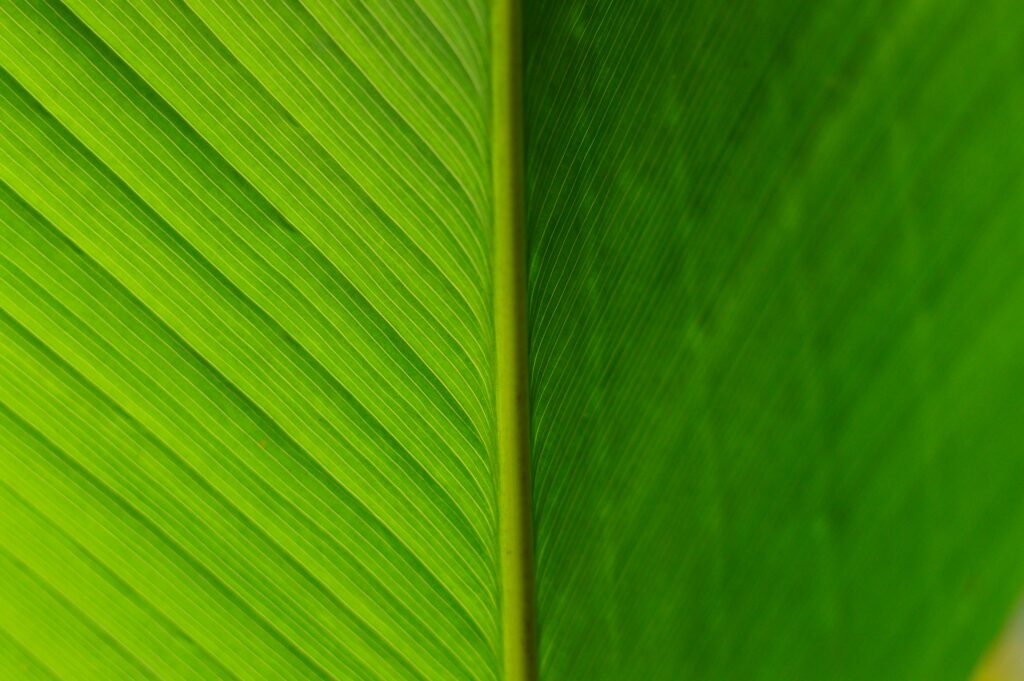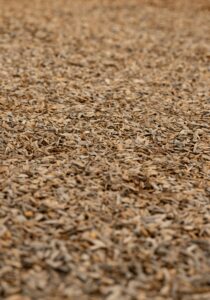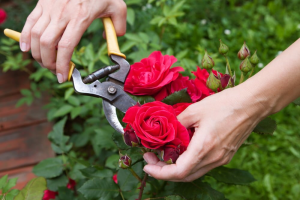Welcome to the wonderful world of gardening! In this beginner-friendly guide, we’ll dive into the secrets of soil preparation and management, helping you lay the groundwork for a flourishing garden that’s bursting with life and color. Let’s roll up our sleeves and dig in!
Understanding Your Garden’s Soil: Think of your garden soil as the heartbeat of your plants—it’s where they draw their strength and vitality. While soil prep might not be the most glamorous part of gardening, it’s like giving your garden a warm hug—it sets the stage for success and ensures your plants thrive.
The Basics of Healthy Soil:
Get to Know Your Soil:
Start by getting your hands dirty! Take a scoop of soil and feel its texture. Is it crumbly like a cookie or dense like clay? Each soil type has its quirks, but once you understand what you’re working with, you can give your plants exactly what they need to flourish.
Understanding Soil Types: Soil comes in all shapes and sizes, from sandy to clayey and everything in between. Sandy soil is like the laid-back beach bum of the soil world—it’s loose and free-flowing, perfect for plants that like to keep their toes dry. Clay soil, on the other hand, is a bit of a control freak—it’s dense and holds onto moisture for dear life, which can be a blessing or a curse depending on the plant. And then there’s loamy soil, the Goldilocks of the bunch—it’s just right, with a perfect balance of sand, silt, and clay that’s ideal for most plants.
But don’t worry if your soil isn’t textbook perfect—there’s beauty in every soil type, and with a little TLC, you can turn even the most challenging dirt into a thriving garden paradise.
Test Your Soil’s pH:
pH might sound like a science experiment, but it’s really just about finding the sweet spot for your plants. Grab a DIY soil test kit or go pro with a lab analysis to see if your soil is acidic or alkaline. Don’t worry—it’s easy peasy!

Why does pH matter? Well, just like you, plants have their own preferences when it comes to acidity levels. Most plants prefer a slightly acidic soil pH of around 6 to 7, but some are more adventurous and can tolerate a wider range. By adjusting your soil’s pH, you can unlock a world of nutrients and give your plants the VIP treatment they deserve.
Boost with Organic Goodness
Give your soil some love by adding organic matter like compost, manure, or fallen leaves. It’s like serving up a delicious meal for your plants, packed with all the nutrients they crave. Your garden will thank you with vibrant blooms and juicy veggies!

Organic matter is like a superfood for your soil—it improves soil structure, boosts water retention, and feeds a bustling community of beneficial microbes. Plus, it’s a sustainable way to recycle kitchen scraps and yard waste, turning trash into treasure right in your backyard.
Call in the Microbe Squad
Did you know there’s a bustling city beneath your garden’s surface? Meet the microorganisms—tiny superheroes that break down organic matter and feed your plants. Keep them happy with moist, aerated soil and watch your garden come to life!
Microbes might be small, but they play a big role in soil health. From decomposing organic matter to fixing nitrogen and warding off pests and diseases, these tiny critters are the unsung heroes of the garden. By creating a welcoming environment for microbes, you’re not just nurturing your soil—you’re building a thriving ecosystem that supports plant growth from the ground up.
You can choose this product to get more microbe squad for your garden.
Mulch Magic
Mulching isn’t just for looks—it’s like wrapping your garden in a cozy blanket. Not only does it keep weeds at bay and lock in moisture, but it also nourishes the soil as it breaks down. Choose your mulch wisely, and your garden will be singing with joy!
Mulch is like the fairy godmother of the garden—it works wonders while you sleep, keeping your soil happy and healthy year-round. Whether you opt for wood chips, straw, or shredded leaves, mulch provides a protective barrier that shields your soil from the elements and creates a welcoming habitat for earthworms, fungi, and other soil dwellers. Plus, as it decomposes, mulch adds valuable organic matter to the soil, enriching it with nutrients and improving its structure over time.
Embrace the No-Till Life
Who needs a gym when you can skip the tilling and let nature do its thing? Tilling might seem like a good workout, but it can disrupt your soil’s delicate balance. Instead, opt for a no-till approach and watch your garden thrive without the extra sweat!
No-till gardening is like hitting the snooze button on your alarm clock—it’s a gentle wake-up call for your soil that lets it rest and rejuvenate naturally. By leaving your soil undisturbed, you’re preserving its structure and protecting delicate soil microbes, allowing them to work their magic without interruption. Plus, you’ll save time and energy in the long run, freeing up more time to enjoy the fruits of your labor.
Conclusion: Congratulations, you’re now a soil whisperer—a master of the earth and guardian of your garden’s health! With these simple tips and a sprinkle of love, you’ll be well on your way to creating a garden that’s not just beautiful but bursting with life. So grab your shovel, put on your favorite gardening gloves, and let’s make some magic in the soil! Happy gardening!





